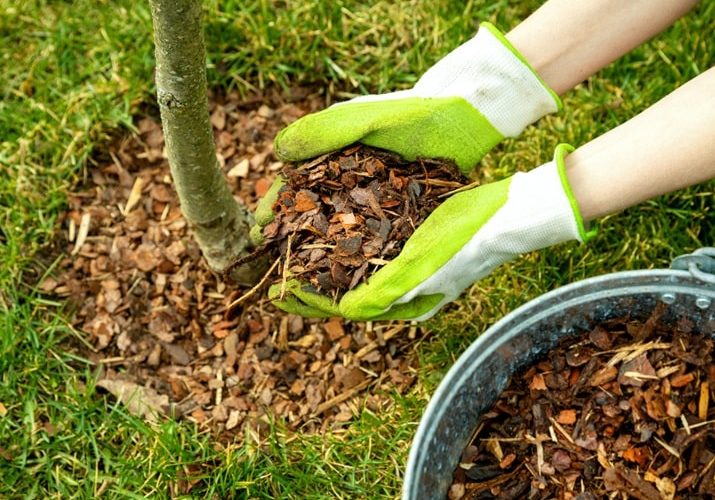Essential Tree Care for February

Essential Tree Care for February
As February unfolds, it marks a crucial period for tree care, with the transition from summer to autumn. Proper attention to your trees during this time can significantly impact their health and vitality. There are some key tree care practices, from trimming & pruning through to pest management, that are particularly relevant for New Zealand’s unique climate and ecosystem in February.
Assessment and Pruning
Start the month by conducting a thorough assessment of your trees. Look for signs of diseases, pests, or any structural issues. February is an opportune time for pruning, focusing on the trimming of dead or damaged branches. Pruning not only enhances the tree’s aesthetic appeal but also promotes proper air circulation and reduces the risk of disease. If you’re not sure what to look for speak to the professionals. Arborists are trained to recognise diseases, pests, and other tree issues. They can help you assess the health of your trees.
Mulching
With the temperatures soon to start cooling, consider applying a layer of organic mulch around the base of your trees. Mulching helps in retaining soil moisture, regulating temperature, and suppressing weed growth. In New Zealand, with its variable climate, maintaining soil moisture is particularly vital during the transition from the warmer months to autumn.
Watering
With the summer heat still in full force, it is crucial to continue providing water to your trees. February often brings sporadic rainfall and ensuring that your trees receive sufficient moisture is essential for their overall health. Be aware of the specific water requirements of different tree species, considering things like soil type and drainage.
Fertilization
As the growing season begins to wind down, consider providing a balanced fertilizer to support your trees’. This is especially important for younger trees and those situated in nutrient-depleted soils. However, it’s crucial to follow recommended application rates to avoid over-fertilization, which can be harmful to the tree’s health.
Pest and Disease Management
Keep a vigilant eye for signs of pests or diseases. Certain insects and pathogens may become more active during the transition to autumn. Early detection and intervention are key to preventing widespread infestations. Trimming and pruning can be avoided if pests are caught early. Consult with arborists for guidance on effective, environmentally friendly treatments if issues arise.
Preparing for Autumn
Anticipate the changing season by preparing your trees for the autumn months. As deciduous trees begin to shed their leaves, remember some types of fallen leaves can be composted or used as mulch, contributing valuable organic matter back to the soil.
Monitoring Weather Conditions
Stay informed about weather forecasts and potential extreme events. New Zealand’s climate can be unpredictable and being proactive in protecting your trees from adverse weather conditions, such as strong winds or heavy rain, is crucial. Consider staking younger or more vulnerable trees to provide additional support. If you have any concerns about the safety of your trees, or you fear they will not survive a large storm like Cyclone Gabrielle, give Beaver Tree Service a call, and we will be happy to assess them and make them safe for you.
February presents a pivotal time for tree care in New Zealand, bridging the gap between summer and autumn. By focusing on assessment, pruning, trimming, mulching, watering, fertilization, pest and disease management, preparing for autumn, and monitoring weather conditions, you can ensure the well-being and longevity of your trees.
Remember to give Beaver Tree Service a call to assess the health and safety of your trees and get them pruned and ready for the coming autumn and winter months.
CALL NOW
North Island free phone: 0800-423-283
Christchurch free phone: 0800-422-328
